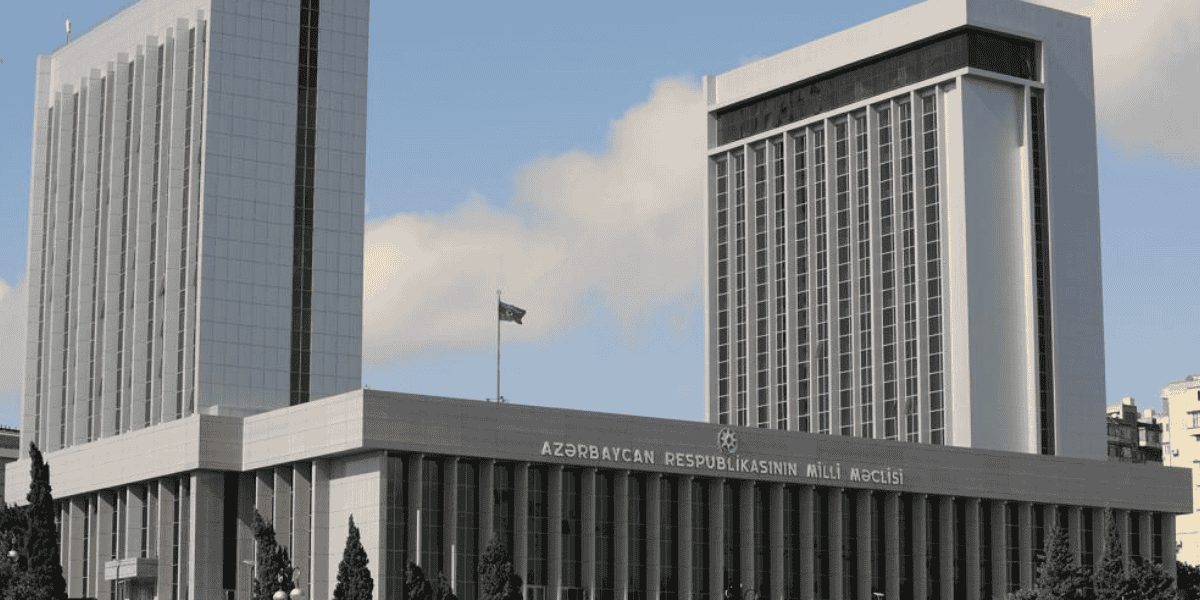The costly traditional tax control system is based on the principles of taxation established 55-60 years ago. The traditional tax control system is costly since closely exerting control in pursuit of reassurance of compliance imposes a great administrative cost for the tax administration. Therefore, over the last 10 years in the developed countries, modernization of tax control measures has been observed by implementation of fundamental changes in the system.
The concept of horizontal monitoring in Azerbaijan has been realized through changes in the Tax Code (which entered into force in 2013) and the subsequent Cabinet of Ministers “Regulations for Tax Partnership Agreement” (decision #190, 19th July 2013). Pursuant to tax partnership, it is envisaged that the burden for taxpayers of on-site inspections will be reduced, since regular, complete and timely submission of required information should facilitate the conduct of audit and assist with the risk assessment. The discipline exhibited by entering into tax partnership could enhance the taxpayer’s social and commercial reputation while improved financial transparency could favorably influence credit ratings.
The tax partnership agreement process in Azerbaijan involves primarily a selection of and support of disciplined (honest) the taxpayer. As a corollary, it envisages the taxpayer improving its accounting including the use of certified accounting software for establishing internal controls and operating systems for the analysis of own tax risks. The tax payers carry out the preparatory work, reach agreement with the tax authorities and then sign the agreement voluntarily, accepting full responsibility.
Horizontal monitoring (the Tax Partnership) is of key strategic importance for the State’s concept of imposing only the correct tax burden and developing with the business community relationships based on mutual cooperation and responsibility.















